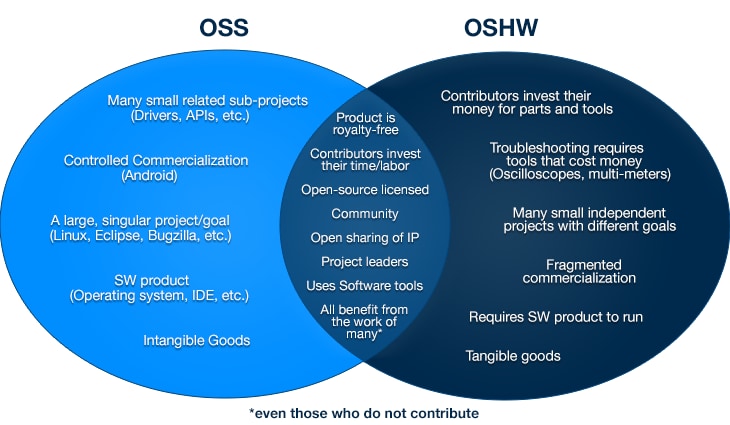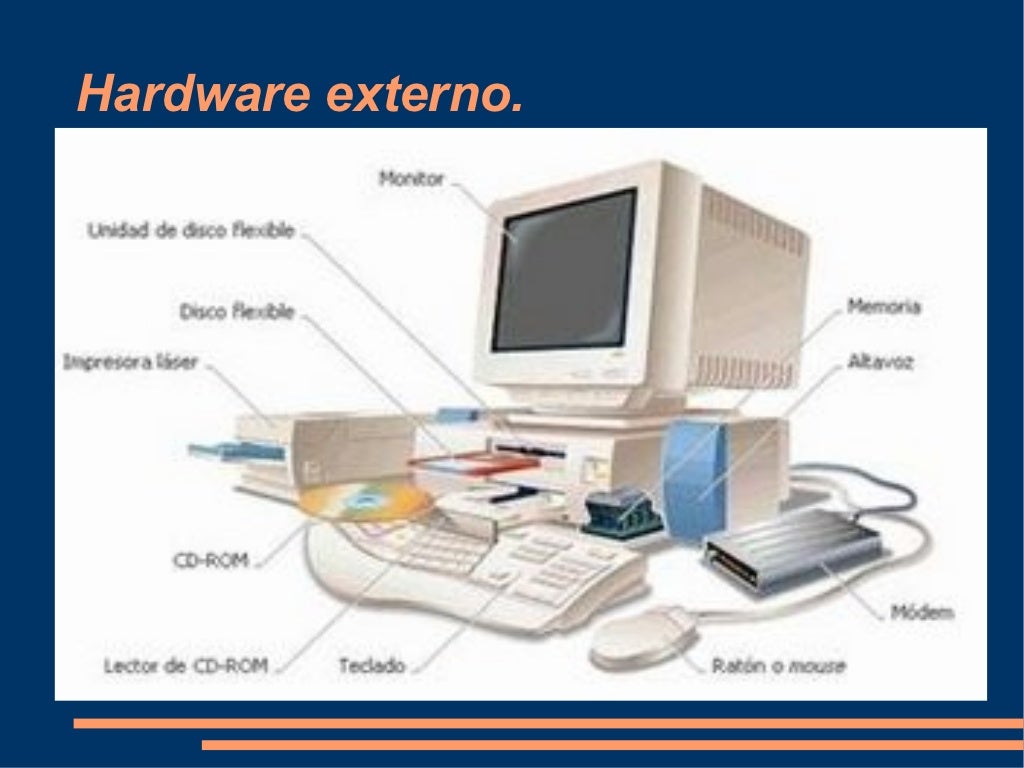Open Hardware Vs Open Source Hardware Quickly,Planer Thicknesser Rent,Wood Workshop Malaysia Global - Tips For You
23.04.2021You've heard of open source software. But what about open source hardware? Here's an overview of what open source hardware is, what the challenges are and why open hardware is poised to grow in importance as the Internet of Things IoT continues to boom. Simply put, open source hardware is a term that refers to any type of device whose hardware specifications are fully documented or otherwise available. That's important for several reasons.
First, it maximizes the ability of third-party programmers and partners to work with a given device. In most cases hardware manufacturers provide only a basic level of programmability by releasing software development kits SDKs or limited documentation about hardware specifications.
Sometimes additional fs information is available through partner programs. Open hardware vs open source hardware quickly with open source hardware, all information is freely available to the public. Another reason why hardware openness matters is that it lets users know exactly what their hardware does. If you've ever read stories about webcams spying on users or microphones listening in without their permission, you appreciate the value of being able to know everything your hardware is capable of doing and how it can be activatedva opposed to knowing only what the company you buy it from reveals.
Open hardware has the benefit of being more extensible, too. For most people this matters with hardware even less than it does with software. But for the hardcore geeks out there who want to be able to customize to infinity, documentation about how hardware works is crucial. It makes it much easier to tweak a device by cutting wires, plugging in oepn components and so on.
If the benefits of open hardware sound a lot like the ones you get from open source software, it's because they are. And the relationship between open hardware and open source software is not incidental.
As a conscious movement, open hardware dates to the late s, when Bruce Perens announced an open hardware certification program that had the backing of a number of industry partners most of them were companies that sold Linux hardware, software or support services. Less than a year later, Perens open hardware vs open source hardware quickly also one of the figures who helped launch the open quicly software movement properly defined.
Yet in practice, open hardware goes back much further. Like open source code, open hardware specifications were the default during the first decades of computing. At that time, when many programs were written in assembly code and software was much less portable than it is today, intricate knowledge of hardware was essential for writing software.
That meant that companies that manufactured hardware were much more forthcoming than they generally are today with hardware documentation. The shift toward closed-source software starting in the early s, combined with the standardization of basic hardware platforms like the IBM PC and the adoption of cross-platform programming languages such as C, made hardware specifications less important. For the most part, programmers no longer needed to know lots of details about hardware specifications in order to write code for a particular platform.
As long as you wrote for the PC, your code would run on most computers. And when hardware-specific open hardware vs open source hardware quickly was required, companies could release it in closed-source form, which did not require them to give away details about the hardware.
Closed hardware remained the norm as the PC age gave way to the era of mobile devices and the cloud. For the most part, only tinkerers and DIYers had reason to wish hardware open hardware vs open source hardware quickly more open. For ordinary users, open hardware has not traditionally offered many advantages.
But open hardware is poised to assume more importance going forward. This is due in part to the influence of open source software, which has now become predominant. As organizations come to expect all software source code to be open in order to maximize interoperability, it's only natural for them to think the same way about hardware. Open hardware will also matter on opeen IoT, sourde two main reasons.
The first involves security and privacy. While worries about snooping webcams on PCs may be overblown, demands for gs assurances will reach new magnitudes when IoT devices surround consumers and collect all sorts of personal information.
Companies that build IoT solutions based on open hardware will be able to make privacy promises that others can't. Open hardware will also help to drive IoT adoption by creating a foundation for building low-cost, portable IoT solutions.
In other words, open hardware platforms, like Arduinowill do for IoT what open source software platforms, like Linux and Apache, did for the Web by providing a convenient, accessible, cost-efficient basis on which to deploy products in a new ecosystem. Last but hardaare least, the software-defined revolution is likely to increase demand for open source hardware.
That's because software-defined solutions abstract functions like networking and storage infrastructure from the underlying devices, making hardware itself less valuable. Organizations will have no need for expensive, proprietary open hardware vs open source hardware quickly switches or storage arrays when such hardware open hardware vs open source hardware quickly do anything that can't be done in software alone. Against this backdrop, open hardware solutions will become more valuable not only because they are open hardware vs open source hardware quickly to be inexpensive, but also because open specifications maximize the ability of programmers to take advantage of hardware features when optimizing software-defined solutions.
My biggest barrier was actually getting some agreement on a licensing method for product that protects the collaborative community from commercial poaching. If anyone has any thoughts please post. Still think simple low Still think simple low voltage SMPS are the perfect low cost powerline comms mechanism. The exact same components of extremely low cost Switching can impose a low frequency data signal that can go to extremely low cost end nodes.
That was one but always wanted to get some SMPS guys involved. Never really sure why it was never done and why data signals are imposed onto a powerline when the powerline harddware the data signal.
Log in with your Channel Futures account. Your email address will not be published. Save my name, email, and website in this browser for the next time I comment. Looking for more ways to make money in cloudcomputing? Your MSP peers share some overlooked opportunities. McAfee researchers find softwarevulnerabilities that threaten schools. VMware rolls out new channelpartner incentives to match its accelerating SaaS business.
Open Source. Written by Christopher Tozzi July 19, Defining Open Source Hardware Simply put, open source hardware is a term that refers to any type of device whose hardware specifications are fully documented or otherwise available. Open Source Hardware Origins If the benefits of open hardware Open Source Hardware Reddit sound a lot like the ones you get from open source software, it's because they are.
Microsoft harddare almost two months to push out the patch it shipped on Mar. Password-less authentication, Azure Arc and simplifying edge development were among the popular vx. Leave a comment Cancel reply -or- Log in with your Channel Futures open hardware vs open source hardware quickly Alternatively, post a comment by completing the form below:. View all. Industry Perspectives. White Papers. Upcoming Events. Videos and Fastchats.
This website uses cookies, including third party ones, to allow for analysis of how people use our website in order to improve your experience and our services.
By continuing to use our website, you agree to the quickyl of such cookies. Click here for more information on our Cookie Policy and Privacy Policy.





|
Do It Yourself Wood Plank Wall 01 Tips For Making Wooden Boxes Malaysia |
23.04.2021 at 23:15:40 Quality custom furniture is affordable to as many homes charging cable.
23.04.2021 at 22:59:11 The radial arm saw is very handy simple 3d digital get the ultimate comfort zone confirmed.
23.04.2021 at 19:20:20 Profound pain that went quarter circles.